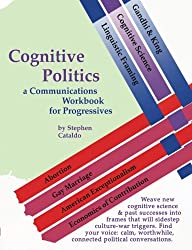See my review on GoodReads.
This book pulls a lot together. It connects how inequality is getting worse, and how that is bad for our country and our democracy, while also digging in to the reasons why it's getting worse. For all those negatives, it is positive and solution-oriented: Reich both admits to the negative trends and describes a realistic, non-utopian answer to turn the problems around.
This is one of the best books I’ve read, I think, for strong-progressives to hand to businesspeople or libertarian-oriented friends who think it is more “fair” for government to just get out of the way. Reich shows how there is no neutral distribution of wealth; the government always makes the market.
He often focuses on market power. For example, the evaporation of countervailing power to the wealthy, as unions disappear, and how that spirals into more and more rules set in favor of the wealthy. CEOs on the other hand have too much market power, with their associates determining their pay: studies of CEO pay indicate a negative correlation between their pay and profitability. Changing patent and copyright laws stifle competition and move wealth upwards. Point by point, he stays inside the framework of markets and capitalism, but tells a different story than we ever hear from that framework.
I think it’s also an important read for progressives who are ready to ignore the market and just impose ideas like rent control, assuming it will work because we are the right side. Saving Capitalism shows there are options to transform our economy while accepting, rather than denying, the reality of market forces. In a way that feels limiting compared to utopian ideas, but it also feels very positive to me — it’s real, it’s doable, American democracy has beaten Robber Barons and made changes on this scale before.
Chapter 20 “Ending Upward Pre-Distributions” is a nerd’s revolution: it lists perhaps a dozen very reasonable changes that could put the US back on track economically.
